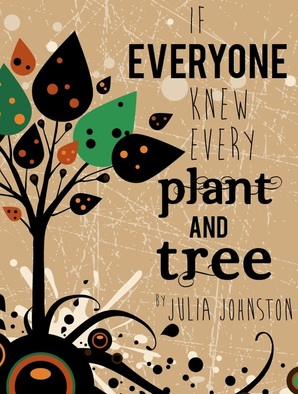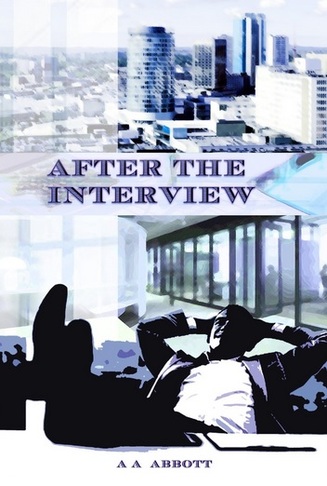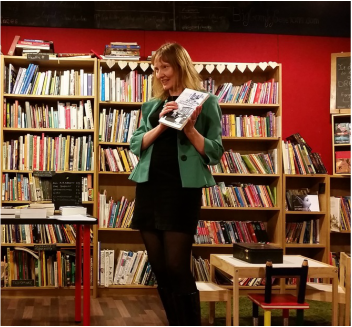
The novel tells of Oliver and the strain put upon his family and friends when his younger sister Lily suffers a long-term sickness. This may sound like morbid subject matter but Johnston fills her novel with bursts of joy and the result is a young adult novel that is both heart-warming and heart-breaking in equal measure.
Oliver is a brilliant first-person narrator and Johnston perfectly captures the voice of a 21st century teenager, with references to texting and Facebook and YouTube naturally occurring.
Thankfully, Oliver is not the stereotypical troubled teen, which can be a tired stalwart of young adult fiction. Yes, he argues with his parents, gets into trouble and has an unrequited crush on a girl at school, but Johnston creates a much richer character than the average literary teenager.
His imagination will often run away with him in fantastic flurries of stream-of-consciousness. At one point, he imagines that his brother will become the first skateboarding priest. Later in the novel, he has ambitions to be the horticultural equivalent to Banksy, planting renegade gardens across London.
Oliver enjoys art, discusses music with his grandfather, bags a role in the school production of Hamlet and has a fascination with horticulture (hence the title). All of this means that the novel is peppered with cultural references. Johnston clearly had a lot of fun researching this novel, particularly the scene in the British Art Gallery and the loving description of each painting.
Johnson has a fantastic grasp of language and incorporates the titular plants and trees into Oliver’s narrative voice, often with a touch of humour. My personal favourite is the name of the local plant shop, The Fuschia’s Bright, which is a pun that made me smile every time.
The supporting cast is large and equally well-drawn. All have bags of personality, whether it be Oliver’s older brothers, his grandparents, the nurse who cares for Lily or his teachers at school. Everyone is handled with care and none are lazily dismissed as background noise. We even manage to sympathise with Oliver’s parents, despite their failed attempts to understand their son.
A particular favourite with readers of the novel is Oliver’s best friend Kamal and rightly so. Kamal has his own sad background but brings stacks of energy to every scene, whether it be Shakespearian swear words, rapid-fire dialogue or the odd rhyming poem. The hyperactive Kamal is a great counterpart to Oliver’s more introspective soul and their scenes are always lots of fun.
Naturally, there is a serious aspect to the novel considering the story is driven by a young girl’s ongoing sickness. Johnston does not sugar coat this experience for the potentially young readership, choosing to depict the grief, the depression and the hospital scenes in thorough detail. This is a wise move and assumes maturity on the part of her target readership, which will no doubt be appreciated. Like Oliver himself, teenagers do not like to be patronised.
As with any coming-of-age story, it is impossible to offer a neat ending because, quite simply, life goes on. I particularly hoped for more closure on Oliver’s relationship with Poppy, which began as an important focus of the story but took a back seat when the family drama intensified.
However, there is time to fix that. Oliver’s story has the potential to continue in a series as long and successful as the Adrian Mole books and, happily, Johnston is already working on a sequel.
The fuschia is bright for Johnston.


